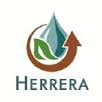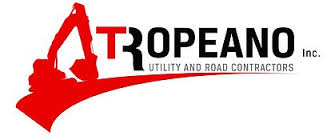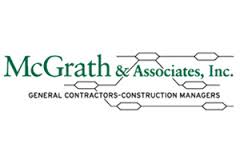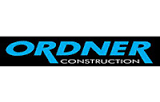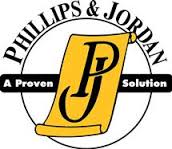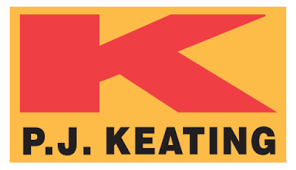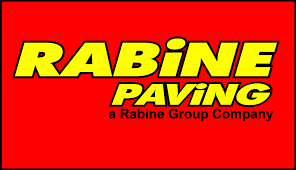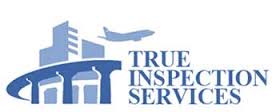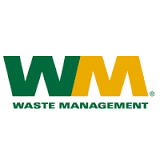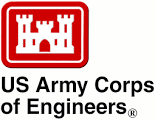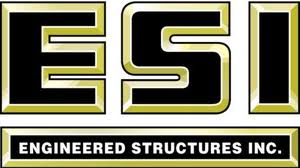New Jersey State Overview
Upon the establishment of the New Jersey Pollutant Discharge Elimination System (NJPDES), the state of New Jersey, the New Jersey Department of Environmental Protection (NJDEP) and the Division of Water Quality oversee the Watershed Pollution Management Element (WPME). WPME is responsible for protecting New Jersey's ground and surface water quality through the implementation of NJPDES Permitting Program. With the NJPDES Permitting Program, the WPME has helped institute regulations mandating proper treatment and discharge of wastewater and stormwater from various types of facilities and construction activities, including the generation, monitoring, and management of sludge and sludge-derived products.
The Watershed Pollution Management Element’s primary function is issuing New Jersey Pollutant Discharge Elimination System (NJPDES) General Permits to those individual(s) requiring authorization and coverage to discharge pollutants (such as stormwater) into waters of the State. The mission of the NJPDES is to: (1) restore, enhance, and maintain the chemical, physical, and biological integrity of the waters of the State; (2) protect public health and safety; (3) protect potable water supplies; (4) safeguard fish and aquatic life and scenic and ecological values; (5) enhance the domestic, municipal, recreational, industrial, agricultural, and other uses of water; and (6) prevent, control, and decrease water pollution.
The New Jersey Pollutant Discharge Elimination System (NJPDES) mandates that any construction project owner or operator whose project will incorporate “construction activities” (clearing, grading and excavation) that either: (1) disturb one (1) acre or more of land; or (2) disturb less than one (1) acre but are part of a larger plan of development or sale must submit a Request for Authorization (RFA) and apply for coverage under the NJPDES Construction Activity Stormwater General Permit.
The Construction Activity Stormwater GP grants authorization of point source discharges from required construction activities. All project owner(s) or operator(s) are required to develop a Soil Erosion and Sediment Control (SESC) Plan aimed at eliminating the flow of contaminated rainwater into streams and rivers on their specific construction sites and apply for a Construction Activity Stormwater GP. To apply, owners or operators must submit a RFA electronically through the NJDEP Stormwater Construction E-Permitting System.
Upon the establishment of the New Jersey Pollutant Discharge Elimination System (NJPDES), the state of New Jersey, the New Jersey Department of Environmental Protection (NJDEP) and the Division of Water Quality oversee the Watershed Pollution Management Element (WPME). WPME is responsible for protecting New Jersey's ground and surface water quality through the implementation of NJPDES Permitting Program. With the NJPDES Permitting Program, the WPME has helped institute regulations mandating proper treatment and discharge of wastewater and stormwater from various types of facilities and construction activities, including the generation, monitoring, and management of sludge and sludge-derived products.





